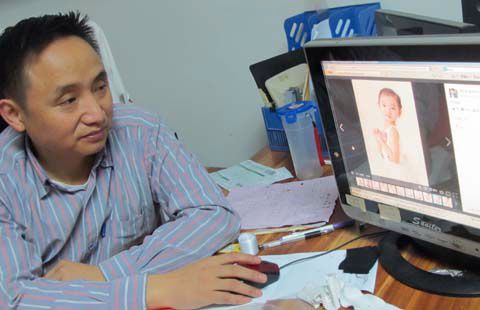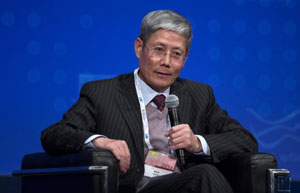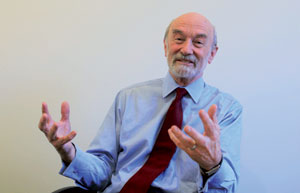Inside China's most exclusive business club
By Chen Yingqun and Ji Tao (China Daily) Updated: 2014-04-28 06:35On Boxing Day the following year the Asian tsunami left more than 230,000 dead in 14 countries.
As the world mobilized relief efforts, some of the entrepreneurs who are now CEC members decided that they had a contribution to make and organized charity bazaars. That in turn raised their collective awareness of the valuable role they could play if they put their heads together.
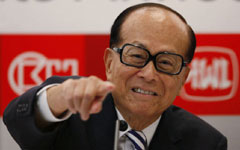 |
|
 |
Why not pool the talent of the pioneering entrepreneurs who had built the first very successful businesses in China's market economy, he asked himself.
"Their worth goes far beyond the value they have created for China's GDP," Liu says.
The entrepreneurs achieved their success by following the principles of a market economy and by innovation, he says, and the values and practices that helped them succeed needed to be recorded, analyzed and heard. He and Cheng then began contacting entrepreneurs, particularly those sharing the same will to repay society in some way.
At the end of 2006, CEC was founded with 31 business leaders, economists and diplomats, and its mission was simple: to promote entrepreneurship and sustainable ways of developing business.
Cheng says that while the entrepreneurs have certain things in common, there are also enough differences between them to make exchanges of information worthwhile.
"They're pioneers in many different areas, including conglomerates, manufacturing, real estate, education, IT and financial investment. A lot of small companies try to learn from their example, but they, too, need to grow. So if they are to stay ahead of the pack it's important for them to learn from one another."
Jack Ma, founder of the e-commerce giant Alibaba Group, once told CEC members: "However big our businesses are, faced with the government, the public and the media, alone we are weak. Standing together we can express our views, advocate rights and show how business should be done honestly."
 |
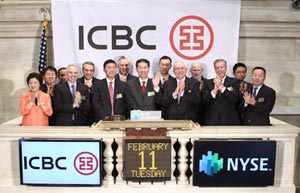 |
| Check out Chinese tycoons' offices |
- The dream and reality for young Chinese workers
- Industrial profits rebound in March
- Insurance industry struggles to attract recruits
- Stop pork from becoming easy meat
- State Information Center forecasts 7.4% Q2 growth
- Rent a ZINORO 1E for a greener life electric drive
- Leasing plays little role in world's largest market
- Beijing auto show voices





